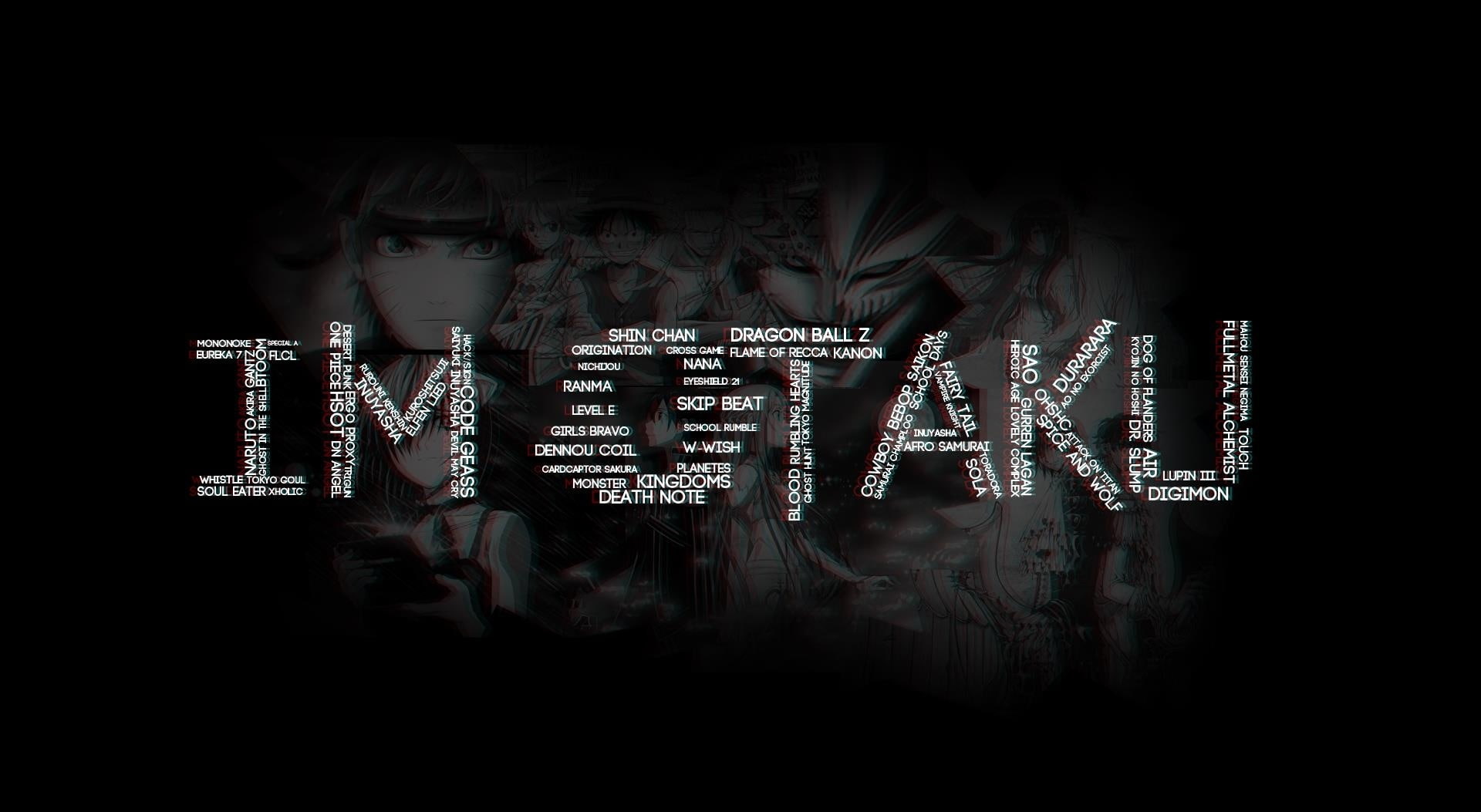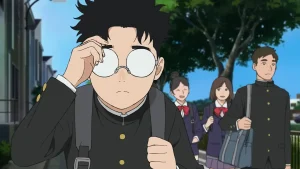
In recent years, the term “Otaku” has transcended its cultural origins and become a global phenomenon. Derived from the Japanese language, this term carries a rich tapestry of meanings, reflecting a unique subculture that has captured the hearts of enthusiasts worldwide.
The Origin of the Term
The word “Otaku” finds its roots in Japanese culture, originally meaning “your home” or “your family.” Over time, its connotation shifted to describe individuals with obsessive interests, particularly in niche hobbies. This evolution is a testament to the dynamic nature of language and culture.
Characteristics of an Otaku
Otaku enthusiasts are known for their passionate pursuits. Whether it’s anime, manga, gaming, or technology, these individuals delve deep into their chosen interests, often possessing an encyclopedic knowledge that surpasses casual fandom. Despite the stereotype of introversion, otaku communities thrive on shared interests, fostering unique social dynamics.
Otaku Subcultures
The term “Otaku” isn’t a one-size-fits-all label. It encompasses various subcultures, each with its distinct characteristics. Anime otaku, manga otaku, gaming otaku, and technology otaku form vibrant communities that contribute to the diversity within the broader otaku culture.
Positive Aspects of Otaku Culture
Far from being a mere obsession, otaku culture is a hub of creativity and artistic expression. From fan art to original creations, otaku communities contribute significantly to the world of entertainment. Moreover, the global connections formed within these communities showcase the positive impact of shared passions.
Negative Stereotypes and Misconceptions
Despite the cultural richness and creativity embedded in otaku culture, negative stereotypes persist. Social stigmas surrounding otaku individuals often stem from misconceptions, with reality sometimes vastly differing from public perception.
The Otaku Lifestyle
The otaku lifestyle extends beyond a mere hobby; it’s a way of life. Collecting merchandise, attending events and conventions, and connecting with like-minded individuals are integral aspects that make otaku culture a unique and immersive experience.
The Influence of Otaku on Popular Culture
Otaku culture’s influence isn’t confined to niche circles. It has permeated mainstream culture globally, with anime, manga, and gaming becoming integral parts of entertainment. The distinct aesthetic and storytelling styles characteristic of otaku culture have left an indelible mark on the creative industry.
Bridging the Gap: Otaku and Society
Breaking stereotypes and fostering acceptance are crucial in bridging the gap between otaku enthusiasts and wider society. Understanding the passion and dedication that drive otaku culture can lead to a more inclusive perspective.
The Future of Otaku Culture
As technology advances and global connectivity increases, the future of otaku culture looks promising. Evolving trends, innovative creations, and a growing sense of community indicate a vibrant future for otaku enthusiasts worldwide.
How to Embrace Your Inner Otaku
For those curious about diving into otaku culture, the key lies in finding your niche. Whether it’s anime, manga, gaming, or technology, there’s a community waiting to welcome you. Building connections with fellow enthusiasts can transform a solitary hobby into a shared passion.
Challenges Faced by Otaku
However, the otaku lifestyle comes with its challenges. Balancing passion with responsibilities and navigating social challenges are common hurdles. Understanding these aspects is crucial for individuals looking to maintain a healthy and fulfilling otaku experience.
Famous Otaku Personalities
The otaku community boasts numerous success stories. From creators who started as fans to individuals who made significant contributions to their respective fields, these personalities exemplify the potential within otaku culture.
Impact on Mental Health
While otaku culture provides positive outlets for creativity and community building, it’s essential to recognize potential mental health issues. Creating a balance between the virtual and real worlds is crucial for maintaining well-being.
Conclusion
In conclusion, otaku culture is a multifaceted phenomenon that goes beyond stereotypes. Its positive impact on creativity, global connections, and mainstream culture showcases the depth and breadth of this unique subculture. Embracing otaku interests can lead to a fulfilling and enriching experience.
FAQs
- Is being an otaku just about anime and manga?
No, otaku culture encompasses various interests, including gaming, technology, and more. - How can I connect with other otaku enthusiasts?
Join online communities, attend events, and explore social media platforms dedicated to otaku interests. - Are there famous otaku personalities in mainstream entertainment?
Yes, several individuals who started as fans have become influential figures in the creative industry. - Can being an otaku impact my social life negatively?
While misconceptions exist, many otaku enthusiasts find supportive communities both online and offline. - What is the future of otaku culture?
The future looks promising with continued innovation, evolving trends, and a growing global community.




